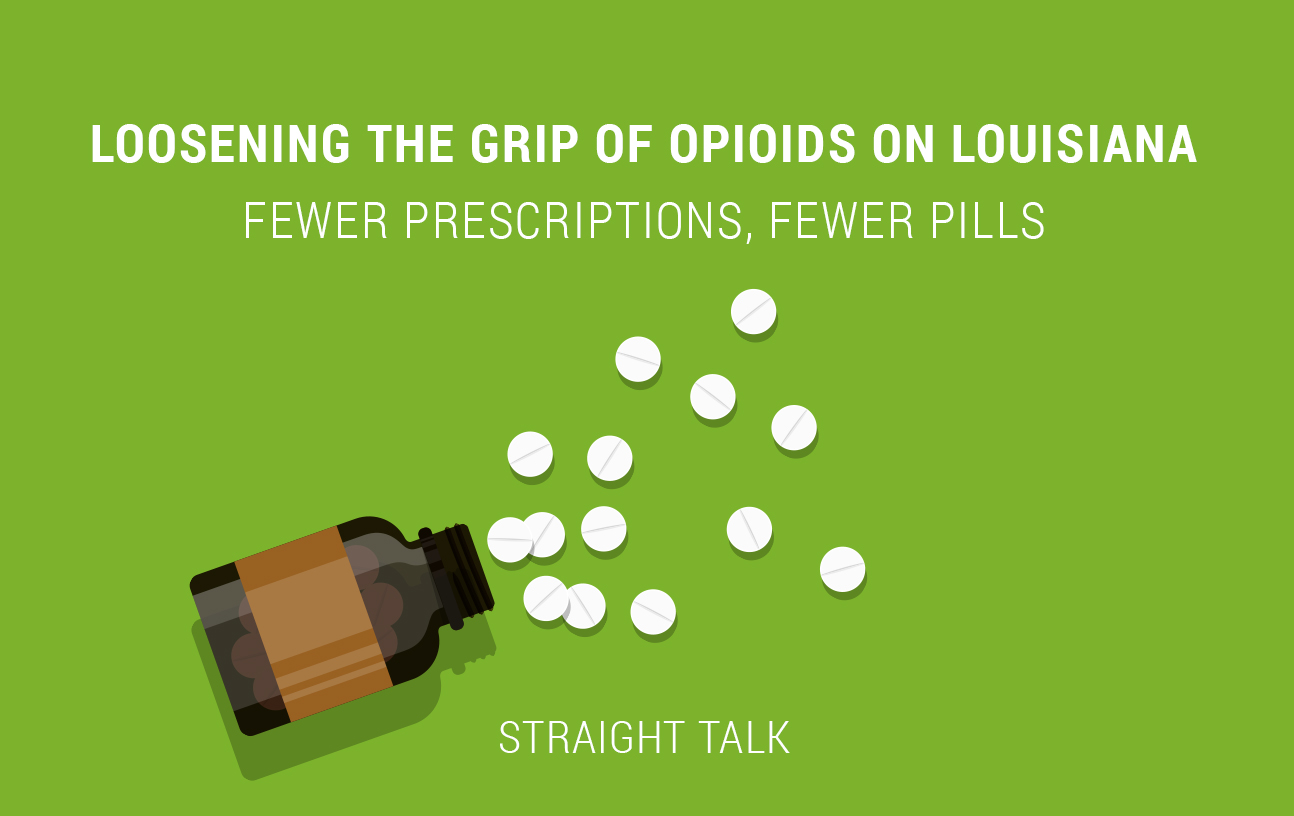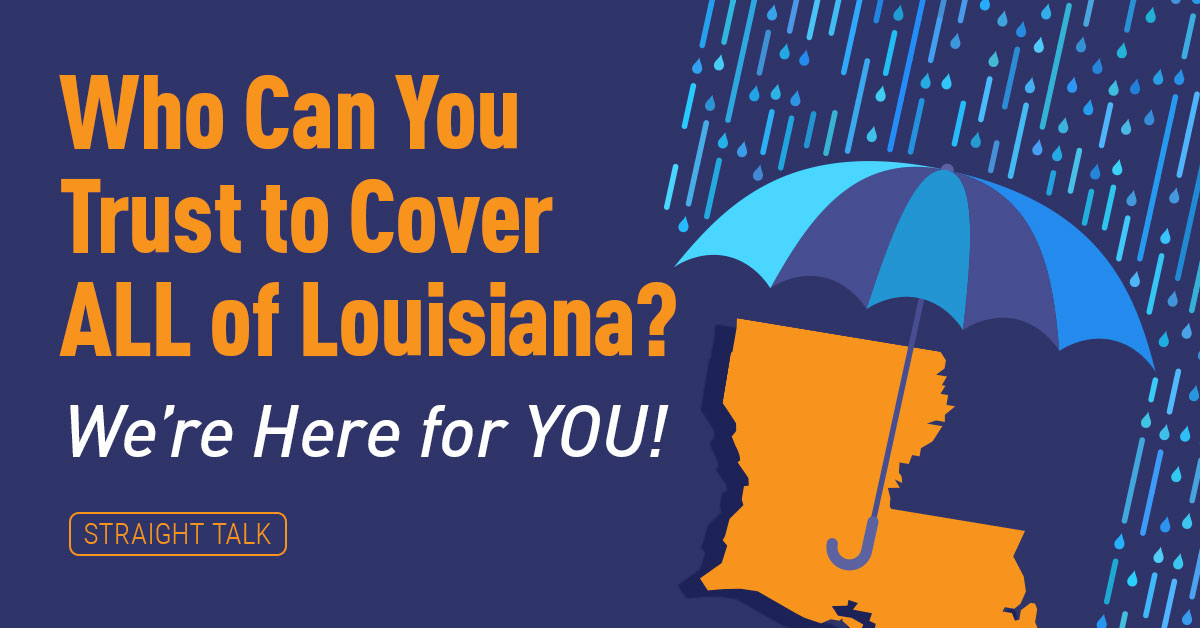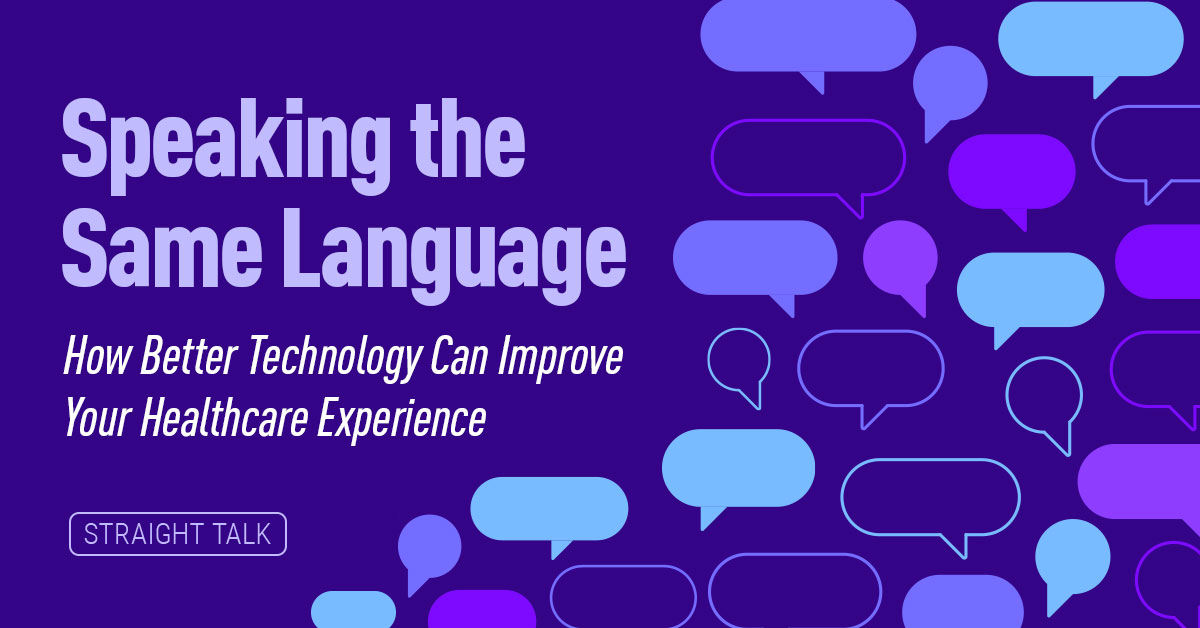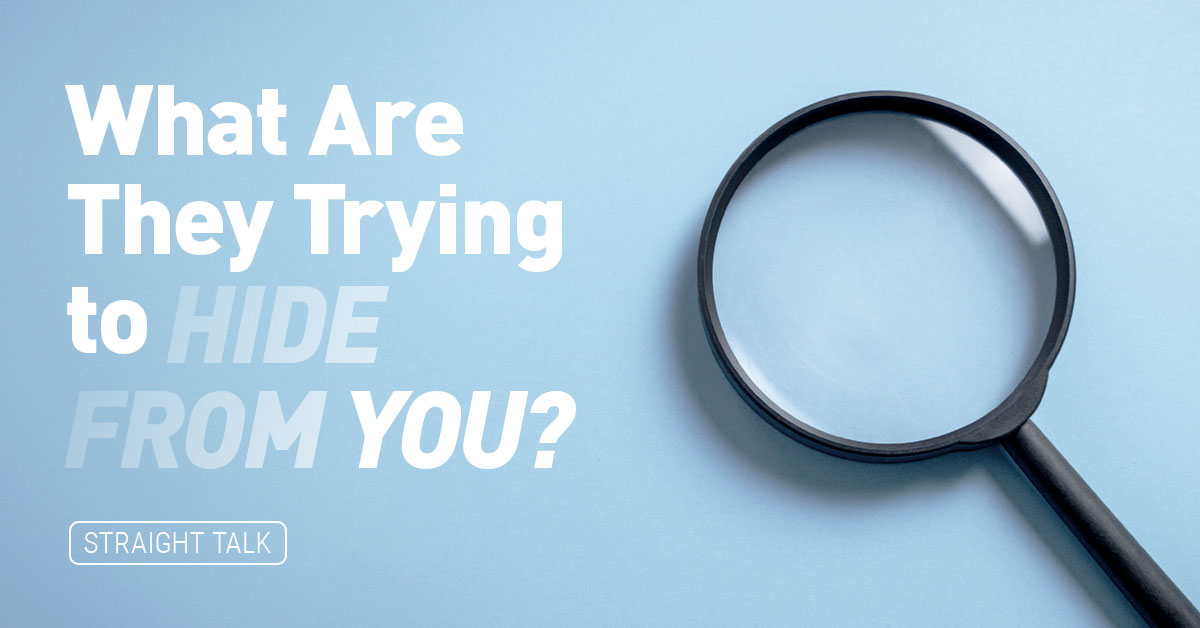Imagine this: You hurt your back doing yardwork or you have surgery, and you get a prescription to help you through the pain. You take a few, feel better and throw the leftover drugs, usually opioids like codeine, hydrocodone or oxycodone, in the back of your medicine cabinet. Then what happens?
Fewer Opioids in Your Medicine Cabinet
At Blue Cross and Blue Shield of Louisiana, our mission is to improve the health and lives of all Louisianians. And while all of us work toward this every day, it’s nice to see some concrete results that show we’re doing the right thing – especially when it’s moving the needle on one of the most pressing public health issues in our state.
At the end of 2017, some of our Clinical Services team members talked here about changes we were making to our opioid coverage policy, starting Jan. 1, 2018. We wanted to fight back against the national opioid epidemic, which is pretty bad here. Louisiana is one of a handful of states that previously had more opioid prescriptions written than the number of people who live here.
Opioid drugs are commonly used to treat pain. Unfortunately, a lot of people who struggle with opioid addiction start by taking drugs that were prescribed for them or for a close friend or family member. That’s why our goals with the new policy were to decrease the quantity of opioids in the community and minimize the number of patients who become chronic opioid users, while still meeting the needs of our members.
Now, with a full year of data to study, how effective have these changes been? Very! It appears we are seeing a loosening of opioids’ grip on our members.
Driving Down the Number of Opioids Prescribed and Dispensed
Our claims data show that doctors are writing fewer prescriptions and pharmacists are dispensing fewer opioid pills, tablets or capsules. The numbers were down by almost 20 percent in the first full year (2018) of the revised opioid coverage policy. Since 2016, those numbers are close to 30 percent fewer.
Some more good news:
- Three-year Look Back: Using 2016’s full year of data as a baseline, we started tracking whether our network providers and our members were getting the message about upcoming changes to the opioid coverage policies. Were they? Well, Blue Cross claims data from Jan. 1, 2016, to Jan. 1, 2019, show nearly 28 percent fewer opioid prescriptions and 33 percent fewer opioid quantities dispensed in Louisiana communities.
- First Full Year: And is the revised policy that went into effect last year working? We think so. Blue Cross claims data from Jan. 1, 2018, to Jan. 1, 2019, shows nearly 13 percent fewer opioid prescriptions per 1,000 members and 18.3 percent fewer opioid quantities dispensed per member, per month.
All claims data is based on Blue Cross’ commercial members who have pharmacy benefits administered by Blue Cross and its pharmacy benefit manager, and do not include Medicare or Medicaid members’ claims.
For information about safer pain care, you can go to www.bcbsla.com/saferpaincare.
More Drop Boxes in More Parishes
Blue Cross is working to help you get some of those dangerous drugs out of your medicine cabinet. Besides changing our coverage guidelines, we know that it’s important to make sure people have a safe and effective way to turn in their old, unused and expired prescription drugs.
This is important because we’ve heard a lot of stories about people who had drugs sitting around the house that they forgot about, only to realize the drugs were missing, stolen or misused by someone else.
That’s why, for the past few years, Blue Cross has partnered with the National Association of Drug Diversion Investigators, Louisiana Attorney General Jeff Landry’s office and local law enforcement agencies in parishes across Louisiana to provide funding through our Community Relations division to install secure drug drop boxes in each region of the state.
Our ultimate goal is to have a drop box in all 64 parishes; while we’re not there yet, we do have boxes installed across each major region of the state. You can check out www.bcbsla.com/safedrugdrop to see locations. These boxes are available 24/7, and turn-in is anonymous. Law enforcement personnel routinely go through the boxes and safely dispose of the contents. If there are no drug drop boxes near you, check with your pharmacy about other options.
Drug Take-Back Day – April 27, 2019
While the drug drop boxes can be used all year long, the U.S. Drug Enforcement Agency holds a national Drug Take-Back Day twice a year to raise awareness of why it’s important to clean out your cabinets and get rid of any old, unused or expired medications.
Saturday, April 27, is the spring Drug Take-Back Day event. Blue Cross is joining the Baton Rouge Health District partners and local law enforcement to hold a community event at Baton Rouge Police Department Headquarters (Airline Highway at Goodwood Boulevard) from 10 a.m. until 2 p.m. You can conveniently drive up and drop off any old, unused or expired prescription medications for safe collection and disposal. Turn-in is anonymous here, too. The event will feature family-friendly entertainment, including the BRPD horseback and K-9 units, a fire truck, air ambulance helicopter and more.
We held a similar community event last year, where we collected 600 pounds of prescription drugs. That was impressive, but we have an even loftier goal this year – we aim to collect 1,000 pounds! So, spring clean those medicine cabinets and turn in prescription drugs you no longer need to keep them from falling into the wrong hands.
While that’s going on in Baton Rouge, law enforcement agencies and healthcare providers will be holding events statewide. You can check out the DEA’s website, getsmartaboutdrugs.gov, to look for events in your area. And, don’t forget – those anonymous drug drop boxes are there all year, if you can’t make it out on April 27.
Help for Substance Use Disorders
My editors want me to be sure Blue Cross and Blue Shield of Louisiana customers who want information about drug or alcohol treatment for themselves or family members know where to get it.
Covered Blue Cross members can call the 24/7 Substance Use Member Hotline at 1-877-326-2458 to speak with a clinical professional. The hotline is operated by New Directions, an independent vendor that provides behavioral health services for Blue Cross and its subsidiaries.





Leave a Reply